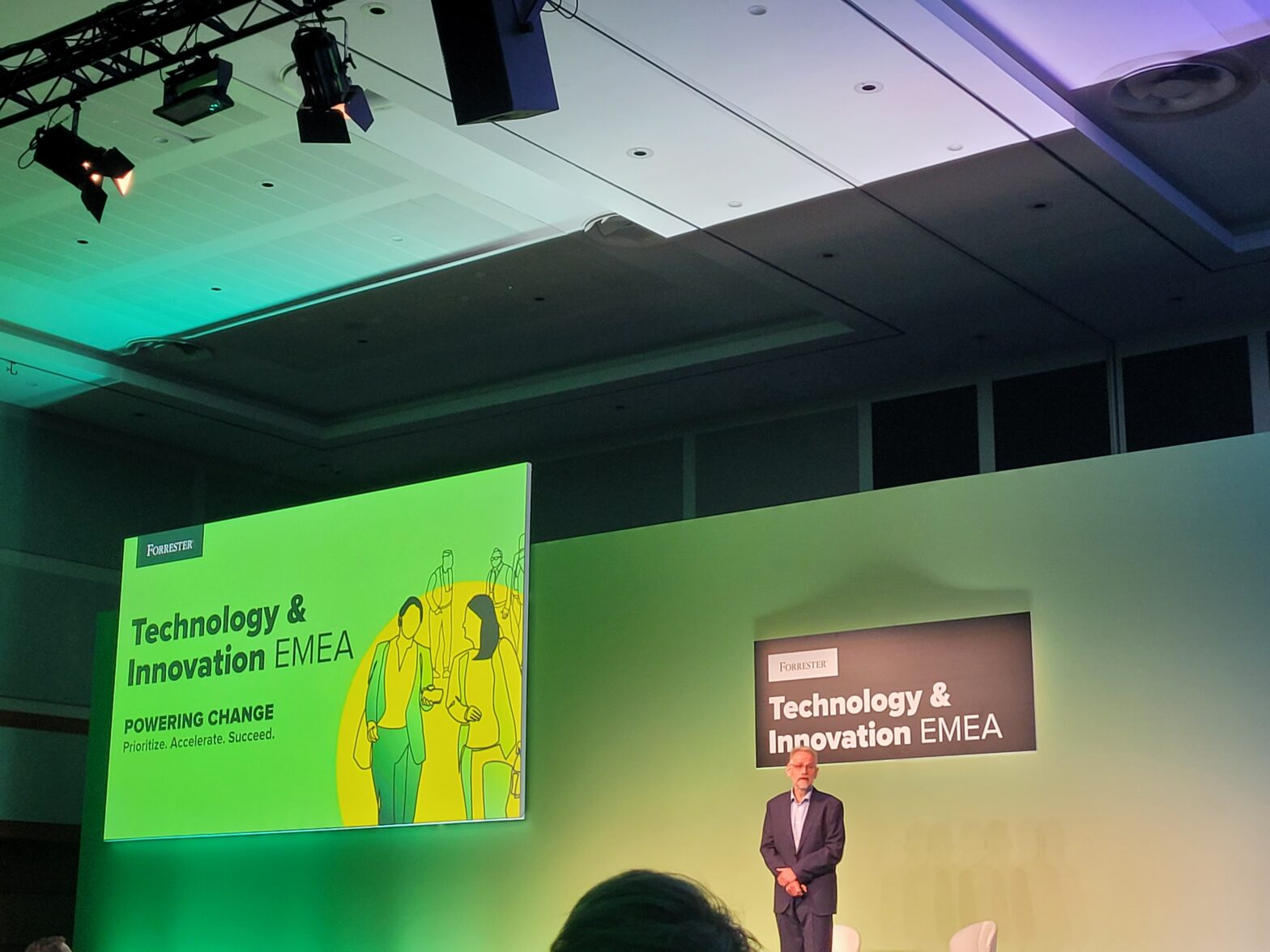Emotional intelligence will become a key factor in the CIO hiring process, according to Gartner.
In a recent survey, the research and advisory company found that the impact of Covid-19 has caused a shift in how global CIOs manage, collaborate and respond to their stakeholders — there is now a demand for strong leadership and core emotional dexterity competencies, which includes determination and sensitivity.
“CEOs are looking for executives who are capable of weathering crises,” said Daniel Sanchez-Reina, senior research director at Gartner.
“They are still unsettled about the future and want determined CIOs who make and implement timely decisions, while displaying emotional dexterity to be tactful and supportive.”
Gartner suggests that determination refers to a firmness of resoluteness and in turning decisions into actions, despite how tough they are, while sensitivity is the quality of feeling empathetic toward others’ difficulties and acting accordingly.
According to Gartner TalentNeuron™ data, demand for the determination competency in the new CIO hiring process increased by 34% in 2020 versus 2019, and sensitivity increased by 92% in 2020 versus 2019. Both competencies are in the top 10 of increasing demand in recruitment processes, which will extend to existing employees too.
Information Age Jobs launched to boost tech sector employment
CIOs must commit to self-development and soft skills
The Gartner CIO Emotional Intelligence Competencies survey showed that CIOs who look to develop emotional dexterity in the digital era can improve their self-awareness, self-management and relationships during times of crisis by committing to practicing self-improvement techniques.
The greatest challenge for a technical leader is developing key soft skills. The survey showed that the most successful CIOs are 30% more likely to practice gratitude as a self-development approach, putting them in a better position to deal with the fear and doubt that complex change brings.
“Interestingly, all surveyed CIOs spend an average of 30 minutes daily in learning and development, indicating it is not the quantity, but the quality of time spent on focusing on the right behaviours that is important,” said Rob O’Donohue, senior research director at Gartner.
Emotional intelligence in leadership
Transparency ranked as the most admired emotional dexterity leadership competency, followed by authentic communications and collaboration.
The survey also found that above-average-performing CIOs are more likely to develop others through coaching and mentoring than low-performing CIOs (69% vs. 48%), while in a 1:1 setting with their direct reports, high-performing CIOs stated that up to 74% of their time is spent listening, rather than directing.
“Being aware of the positive impact these behaviours and practices bring is paramount as organisations consider their vaccine strategy and employees return to work,” added O’Donohue.
“They’ll be as important, if not more, than the technical skills a typical CIO embodies.”







